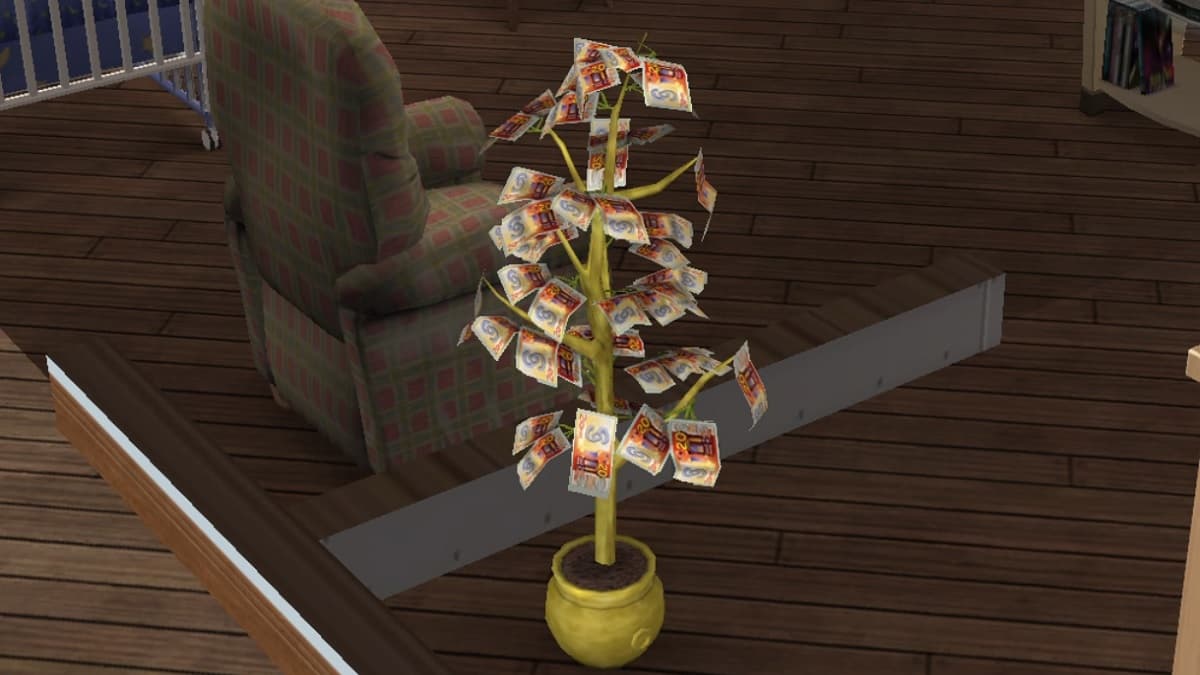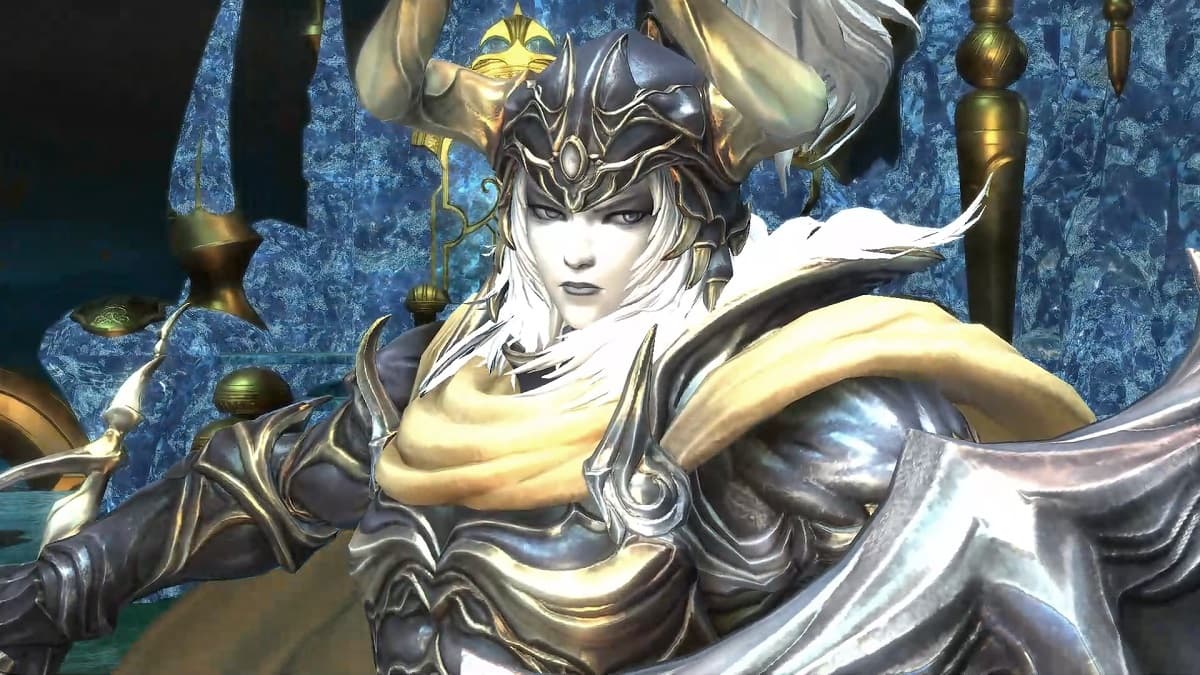This past weekend, as we returned home from a close friend’s wedding, my wife and I had discussion about the future of console gaming. We focused on why the used games aftermarket exists and the inevitability of an all-digital gaming world.
I have some reservations about an all-digital gaming world for consoles.
At present, we can only purchase digital games through Xbox Live, The Playstation Network and Nintendo’s eShop (and Gamestop to a very limited degree). If publishers and console developers seek to establish a gaming economy where purchases are made exclusively online, I fear Nintendo, Microsoft and Sony will run the risk of creating self-contained quasi-monopolies.
I’m no attorney, so take my use of the word “monopoly” to be more an analogy of the future than literal description of it. Consider the sentiment, though. If I only own a Playstation 4 and PSN is the only means I have to purchase games, what’s to stop PSN from jacking up the prices of their games? Or more practically, what’s to stop them and/or publishers from poorly pricing games over time?
One could argue that Microsoft’s online gaming ecosystem would provide significant competition to keep Sony from setting poor price points (and vice versa), but that scenario seems much less advantageous for consumers than our current hybrid system. This hybrid system mixes digital sales with sales from brick-and-mortar retailers like Gamestop, Wal-Mart, Target, BestBuy and other independent shops (eStarland, for example). This market allows for significant competition–competition I believe dies when we go all-digital.
So let’s examine a for-instance. This past weekend, I wanted to purchase Sega All Stars Tennis for my son. Conveniently, Xbox Live had it for sale for $9.99. Gamestop had the game for sale at $2.88 and their copy included several Xbox Live Arcade games bundled in for free. Which one do you think I purchased? In an all-digital world, what incentive would Xbox Live or Sega have to sell me that game any lower than their current $9.99 rate? Especially considering that even in this hybrid system, they don’t see fit to price their games competitively. What happens when you remove the limited competition that GameStop and other retailers bring to the table?
Now, let’s chat about this notion of used games. Cliffy B. comes out and says that keeping used games in the market is untenable for developers and publishers. I reached out to him on Twitter to discuss his comments, but I’m a nobody in this world, so I did not expect any type of response.
But, let’s examine why I think used games exist at all.
I’ve been buying used games since before GameStop made it a standard in this market. As a kid, I used to ride my bike up to my friend Matt’s Music & Games store in my neighborhood. I often purchased used games and music from him. I did not buy used games from Matt solely because I wanted to get my games cheap. I bought used games from Matt because doing so allowed me to pay the price I felt the game was really worth.
I still apply this approach today. The simple fact of the matter is that Risen 2 was not worth $60 to me. Instead of buying it at launch, I waited until I was able to buy it for $16 at GameStop. Had I perceived the game to be worth the $60 price point, I never would have waited to buy it used. I will comfortably assume that many gamers take this same approach. We are not cheap, we just refuse to pay for something we believe is not worth the price of admission.
This is why I believe the used games market is as prolific as it is today.
So to Cliffy B. I say, “If you want to do away with used games, either stop making whack-ass games that are not worth the price your charge, or lower the price of your clearly inferior games. Be smarter about how you price your products before you bring them to market.”
We’ve nailed down what I think is a major hurdle we need to address before we can go all-digital. Now, let’s talk plausible solutions.
What I would love to see on all-digital consoles is a free market approach similar to what exists in the PC gaming world now. With Steam, GOG, Battlenet, Origin, GameStop Online and others, you have an ecosystem that supports competition in the market. What if, we could somehow cajole Microsoft and Sony to open their doors to other digital game distribution platforms? We can already assume GameStop is working on this as they’ve seen the writing on the wall. But what if we had Xbox Live, PSN, Steam, GameStop, GOG, eStarland-Online and others, all selling digital games on our consoles? There would be true incentive for all players to compete in terms of pricing and providing consumer benefits.
Side-Note: You’ll notice I’ve left Nintendo out of much of this discussion. Based on their history, I feel safe in assuming that they are not about to let anyone else into their house to make money.
I honestly believe the companies who’ve taken an ‘L’ this generation have done so mostly because they did not properly price their products to sell.
You can blame used games and piracy and tout the eventual all-digital market all you want. But, in the end, consumers won’t pay what they consider an unfair price for the luxuries you’re selling. Had you publishers priced your games better from the jump, you could have had tons more early adopters willing to take the plunge. That would have resulted in cash in your pockets that – unfortunately for you – ended up in GameStop’s pockets. This happened because GameStop figured out something vital about the gaming market long ago. What’s that you ask? They figured out that most of the games you make, are not as awesome as you publishers think they are.









Published: Jun 30, 2013 02:33 pm